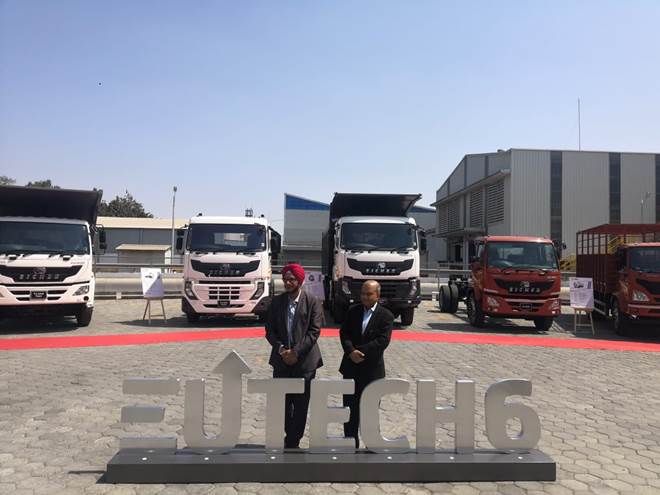Commercial vehicle makers have expressed concerns over the supply chain challenges to resume operations. Unless the support of parts vendors, it is impossible for the industry to resume normal production. The industry players such as Ashok Leyland, Volvo Eicher, among others got permission to begin operations in a phased manner in certain geographies where Covid-19 impact is very less or nil. Vipin Sondhi, managing director & CEO, Ashok Leyland, in a statement on Thursday said, “Auto OEMs are dependent on the ancillary sector. A smooth flow of the complete supply chain is vital for production of vehicles. While the government has given the auto sector the permission to resume operations in a phased manner in certain geographies, with certain norms and conditions, it still remains a challenge for the industry to resume operations.
“This because, while the OEM production unit might be in the green zone, even if one ancillary unit that supplies a small part happens to be in the red zone, it will make a component of the vehicle unavailable, thereby making the production process impossible. The need of the hour is for the industry to collaborate together with the local agencies to ensure a smooth supply chain, for the OEMs to commence production and help boost the economic revival of the nation.”
VE Commercial Vehicles (VECV) in a communication to the stock exchanges on Thursday said many of its suppliers continue to be closed, and dealers are also not functioning currently. And with current restrictions of movement of people and vehicles, start of complete manufacturing operations will take more time. Till then, there are some stocks of already produced BS-VI vehicles that will be dispatched first, and operations will be run in a very limited manner based on availability of parts from suppliers. VECV further said in its statement that the management is preparing the facilities for starting operations in future as per requisite safety precautions and guidelines issued by the government. VECV’s priority is to dispatch parts to customers and service centres to minimise impact for running essential service vehicles.
Activities are starting for maintenance of plant and machinery, sanitisation activities, annual stock-taking and for organising facilities for meeting social distancing and other safety norms. Crisil, in its latest report said that currently India sources 80-85% of components for all vehicle segments domestically, mainly from clusters such as the National Capital Region (NCR, including Gurgaon, Manesar, Faridabad and Greater Noida), Pune (including Chakan, Talegaon and Ranjangaon) in Maharashtra, Mysuru in Karnataka and Sriperumbudur and Hosur in Tamil Nadu. The rest is sourced through imports. Ashok Leyland has got permission to begin operations in plants such as Alwar, Bhandara and Pantnagar and VECV has received the required government permissions to restart manufacturing in Madhya Pradesh. The current permission granted to restart operations allows presence of only 25-30% workforce, VECV added.
